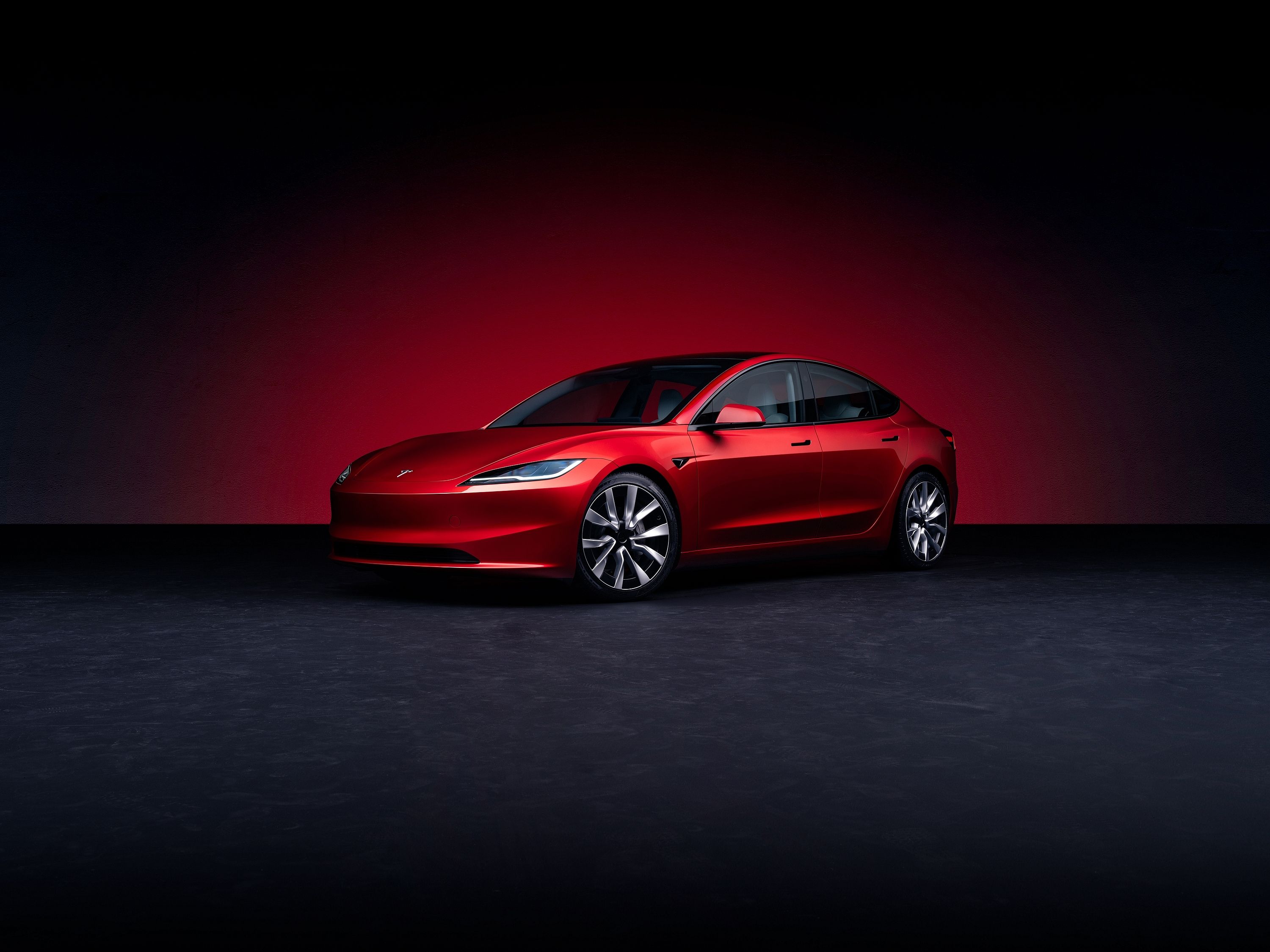
Tesla has sent a memo to employees stating that the Fremont, California-built Model 3 Standard Range - the cheapest vehicle Tesla builds - will be losing its $7,500 tax credit at the end of this month because its LFP batteries are produced in China.
According to Electrek, the base Model 3 is the only Tesla vehicle that will be affected by the change. The base Model 3 will lose out on the tax credit due to the Inflation Reduction Act (IRA).
The Internal Revenue Service (IRS) has yet to release specific details regarding the tax credit, but at present, the $7,500 is split in two. A customer receives $3,750 if its battery is built in the USA and another $3,750 if the battery contains critical minerals sourced in the USA.
It now seems the IRS is ready to publish these guidelines, which will cut the free-for-all situation the EV segment has been experiencing since 1 January 2023. We'll have to wait for the official document to see how many models are affected.
Tesla knows that its cheapest model will lose out, which is why it has already updated its Model 3 website page with a banner stating: "Take delivery now to guarantee a $7,500 credit." Technically, a car should still qualify if an order is confirmed before March 31, but that depends on how generous the IRS is feeling.
LFP batteries (lithium-iron-phosphate batteries) are cheaper but have less power per unit of volume. The rear-wheel-drive base Model 3's price is $43,990. With the tax credit subtracted, the price drops to $36,490, making it one of the most affordable EVs on sale, and it falls way below the average new car price in the USA.
The broader IRA is also a huge incentive for automakers, driving massive investment in the USA. Ford is building a giant battery plant in Michigan, while Hyundai is investing billions in Georgia to do the same. Recently, Scout also announced that it would be setting up shop in South Carolina.
Fortunately for Tesla, the rest of its lineup is expected to retain the tax credit because those vehicles' batteries come from Nevada, California, and Texas. The raw materials sourced for these batteries also come from Canada and Australia, both of which have a free trade agreement with the USA and are therefore exempt from the IRA.
There is a need for more affordable EVs, however. The average price of electric vehicles is still sky-high, and the new guidelines effectively disqualify one of America's favorite EVs from the tax credit.
